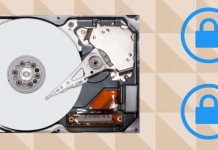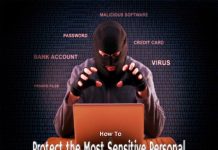Many of you are already aware of what a ‘ransomware’ is. For those who don’t know, a ransomware is a type of a virus or malware that takes over a computer or a laptop and encrypts all its files and data, making them inaccessible (aka make them hostage). Even if the ‘virus’ is removed, the files still remain inaccessible because they have been encrypted by a sophisticated algorithm, which can be very costly, if at all possible, to decrypt without the creators help. A ransom is then demanded from the victim and if paid, the malware operators ‘may’ decrypt the files (in some instances, they just demand more money and never provide a decryption key).
TeslaCrypt is one such ransomware, which is famous because it is good, effective, widespread, and was uncrackable until now, thanks to its original creators. In a surprising move, the makers of TeslaCrypt simply gave away the master key to a security researcher from ESET when he requested, and shut down their operations.
Over the previous few weeks, an analyst for ESET had observed that the builders of TeslaCrypt had been slowly closing their operation, whereas some of their distributors were switching over to distributing (aka infection via) the CryptXXX ransomware.
When the ESET researcher realized what was taking place, on the help chat for the malware (Yes, they have/had one. Its usually a .onion address, which means you need ToR to access it. They do need to collect payments after all), he request them to share the master decryption key and to his shock and amazement, they agreed and posted it on their now defunct web site.

The security company, ESET, has subsequently been able to produce a decryption software that will allow anybody who was affected to get their data back. Anyone who has TeslasCrypt encrypted files with the .ttt, .mp3, .xxx, .micro, or encrypted files without an extension can now decrypt their files for free! (click here to download ESET’s decryption utility)
Ransomware still continues to be one of the largest threats to users’ files and data online, according to ESET. It advises that everyone should keep their operating systems up to date and use a good antivirus, as well as making multiple regular backups of anything valuable and important. There are still many malwares that plague the internet.













